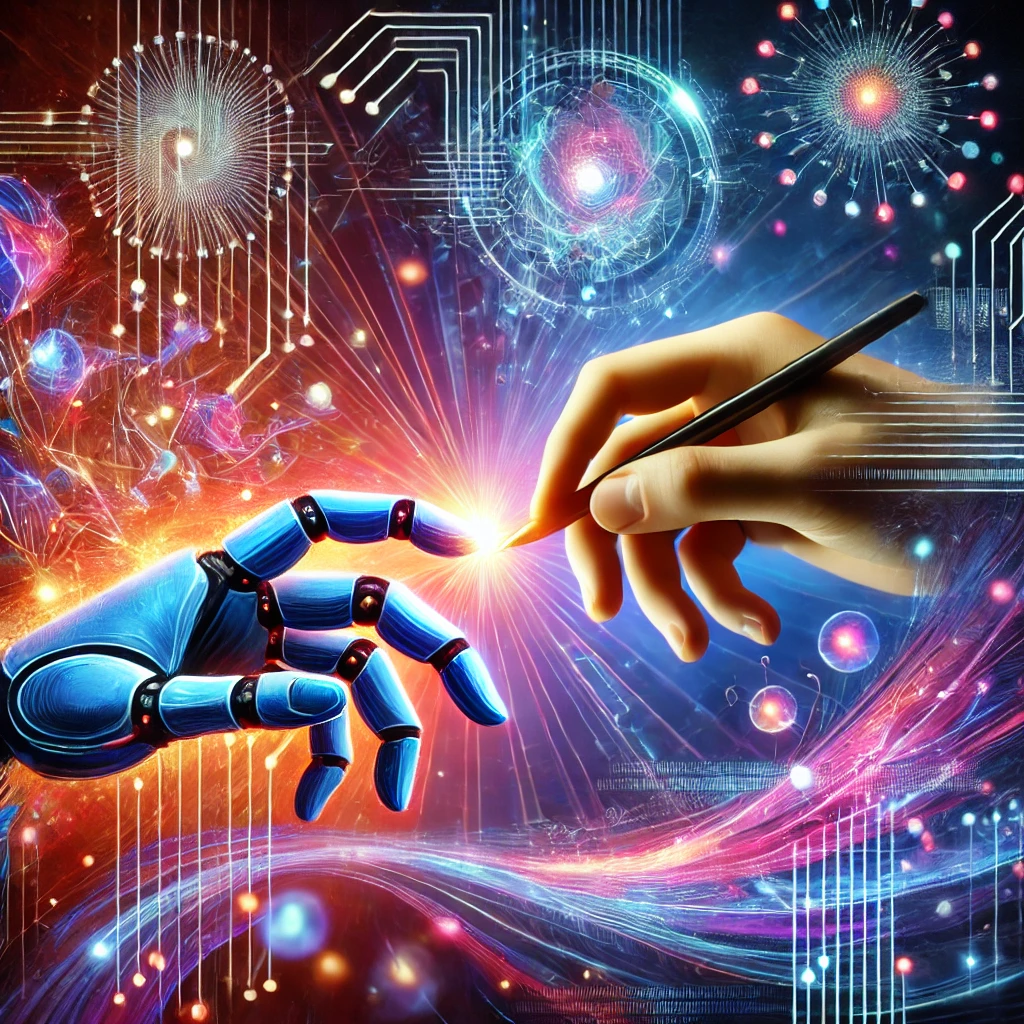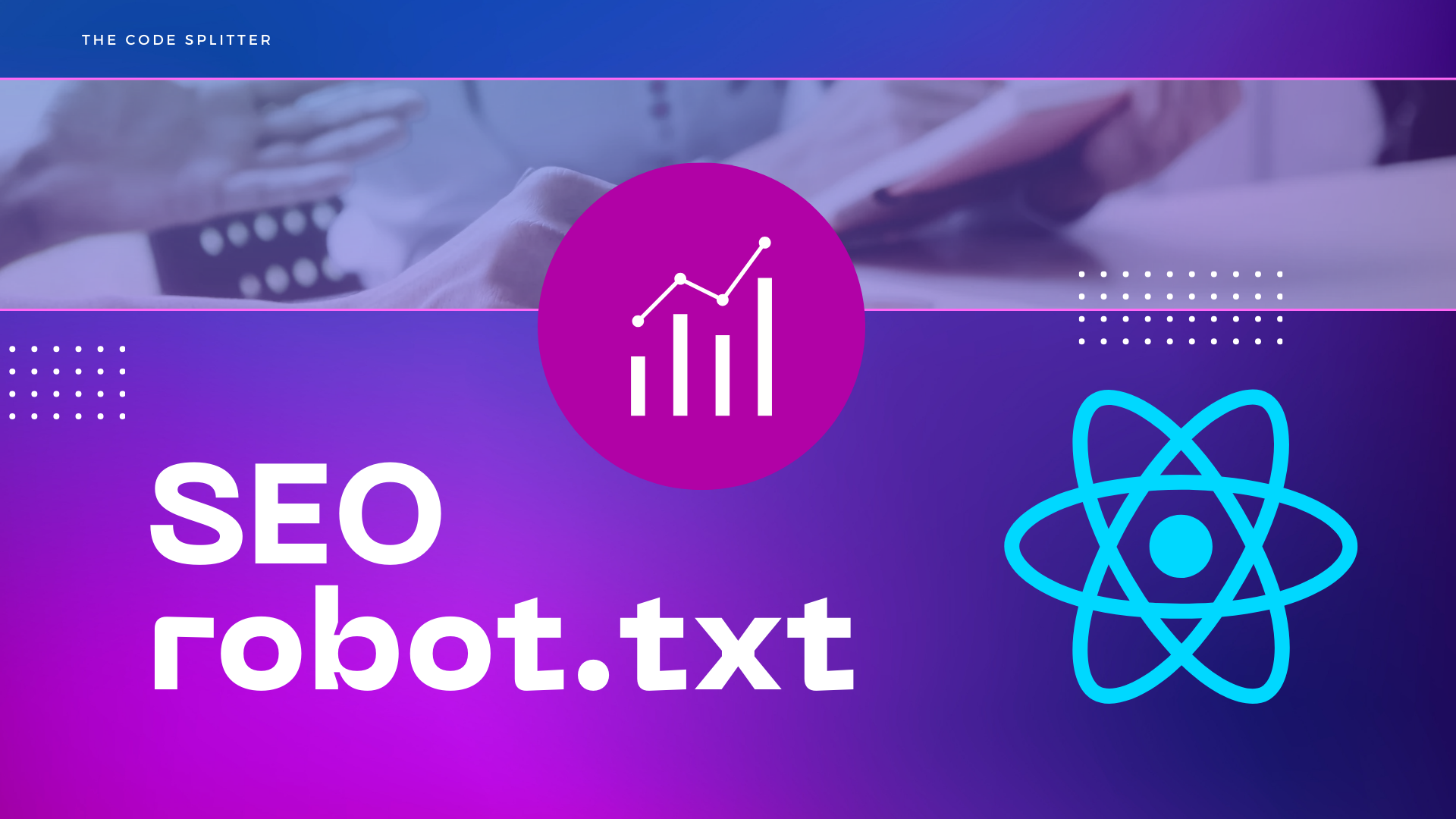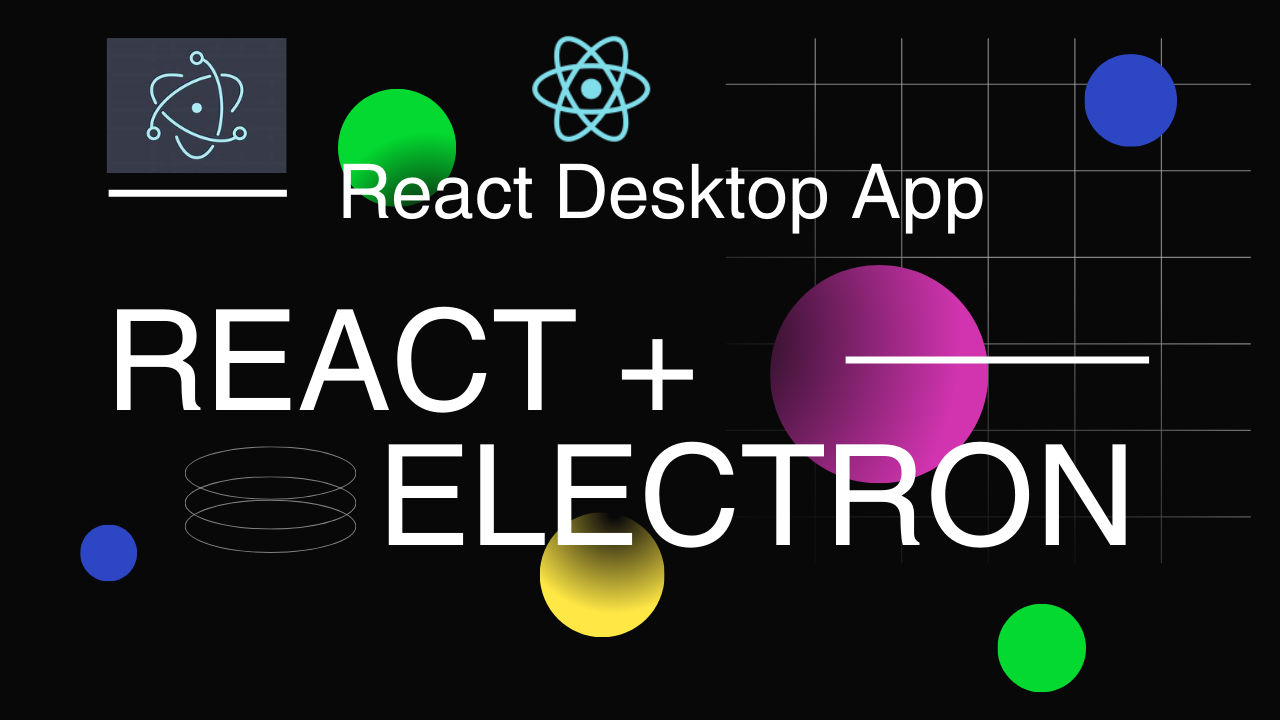AI
The Future of AI: Transformations and Expectations
The Future of AI: Transformations and Expectations

Artificial Intelligence (AI) is no longer just a concept from science fiction—it's an integral part of our daily lives, reshaping industries, redefining human interaction, and driving unprecedented levels of automation and innovation. As we look toward the future, it's crucial to understand how AI is likely to evolve and what aspects of our world it may change or replace.
1. AI in Everyday Life: Beyond the Basics
Today, AI powers recommendations on streaming platforms, enhances smartphone cameras, and even manages smart home systems. However, these applications are just the tip of the iceberg. In the near future, AI is expected to transition from assisting with simple tasks to handling more complex activities.
We can anticipate a world where AI-driven personal assistants will understand and predict our needs with unprecedented accuracy. For example, these AI assistants might automatically manage our schedules, recommend lifestyle changes for better health, and handle financial investments based on real-time data analysis. This shift towards a more intuitive AI will transform everyday life, making technology more seamlessly integrated and adaptive to individual preferences.
2. AI in Healthcare: Personalized and Predictive Medicine
One of the most promising areas for AI transformation is healthcare. AI has already begun to revolutionize diagnostics, patient monitoring, and drug development. Future advancements in AI will likely lead to personalized medicine becoming the norm. AI algorithms will analyze an individual's genetic makeup, lifestyle, and health history to create customized treatment plans, dramatically increasing the effectiveness of medical interventions.
Additionally, predictive analytics powered by AI could foresee potential health crises before they occur, allowing for preemptive care. Imagine a world where AI alerts a doctor to early signs of a potential heart attack or stroke days or even weeks before any symptoms appear, potentially saving countless lives.
3. AI in the Workforce: Redefining Jobs, Not Replacing Them
One of the most debated aspects of AI is its impact on the job market. While there are fears that AI will replace many jobs, the reality is more nuanced. AI will likely replace specific tasks rather than entire occupations. Jobs that involve routine, repetitive tasks—such as data entry, manufacturing line work, or even some aspects of customer service—are at high risk of automation.
However, this change will also create new opportunities. The demand for jobs that require human creativity, emotional intelligence, and complex problem-solving skills will increase. AI will augment human capabilities, allowing people to focus on more strategic, creative, and interpersonal aspects of their work. Moreover, AI will create entirely new job categories in sectors such as AI development, ethics, maintenance, and oversight.
4. AI in Education: Tailoring Learning Experiences
Education is another field ripe for AI-driven transformation. Currently, education systems are largely one-size-fits-all, but AI could enable more personalized and adaptive learning experiences. Future AI systems could tailor educational content to fit each student’s learning style, pace, and interests, making education more engaging and effective.
AI could also provide real-time feedback and support, identify areas where students struggle, and suggest personalized study plans. Additionally, AI tutors could offer round-the-clock assistance, helping to bridge gaps in traditional education systems and making high-quality learning accessible to more people around the world.
5. AI and Ethical Considerations: Building Trustworthy Systems
As AI systems become more pervasive and powerful, ethical considerations will play a crucial role in shaping their development and deployment. Issues such as bias in AI algorithms, data privacy, surveillance, and the potential misuse of AI technologies are already major concerns. The future of AI will likely involve stricter regulations and standards to ensure transparency, fairness, and accountability.
Moreover, there will be a growing focus on developing explainable AI (XAI), which allows humans to understand and interpret AI decisions. Building trust in AI systems will be crucial for their widespread acceptance and integration into critical areas like healthcare, finance, and law enforcement.
6. AI and Creativity: New Frontiers in Art and Innovation
While AI is often associated with data and numbers, it is also making strides in creative fields. AI-generated art, music, and literature are becoming increasingly common, challenging traditional notions of creativity and authorship. In the future, AI could serve as a collaborator, helping artists explore new styles or compose music that fuses different genres in innovative ways.
Beyond arts, AI will likely play a critical role in scientific discovery and technological innovation. AI algorithms can process vast amounts of data much faster than humans, potentially uncovering patterns and insights that could lead to breakthroughs in fields like quantum computing, climate science, and biotechnology.
7. AI in Governance and Decision-Making: Towards Smarter Societies
Governments and organizations are already beginning to utilize AI for better decision-making. In the future, AI could help manage cities by optimizing traffic flows, reducing energy consumption, and improving emergency response systems. Policymakers could use AI to analyze complex social issues and predict the impact of new laws or regulations before they are implemented.
However, this raises questions about how much decision-making should be entrusted to AI and the extent of human oversight required. As AI systems become more advanced, establishing frameworks for human-AI collaboration in governance will be essential.
8. AI in Everyday Communication: Language and Understanding
Advances in natural language processing (NLP) and understanding mean that future AI systems will have near-human capabilities in understanding, generating, and translating languages.

Engr. Haris Khan
Software Engineer
Recommended Blogs
Explore the latest trends and insights in technology, innovation, and digital transformation to stay ahead in a rapidly evolving world.

How Generative AI is Transforming the World

Optimizing SEO in React.js: How to Properly Set Up robots.txt

Creating Desktop Application with Electron JS and React JS

How to Get Started with AI

The Future of AI: Transformations and Expectations

The Advantages of Using Next.js for Website Development
Subscribeto our Newsletter
Join now to receive personalized tech tutorials, course recommendations, and programming insights straight to your inbox.